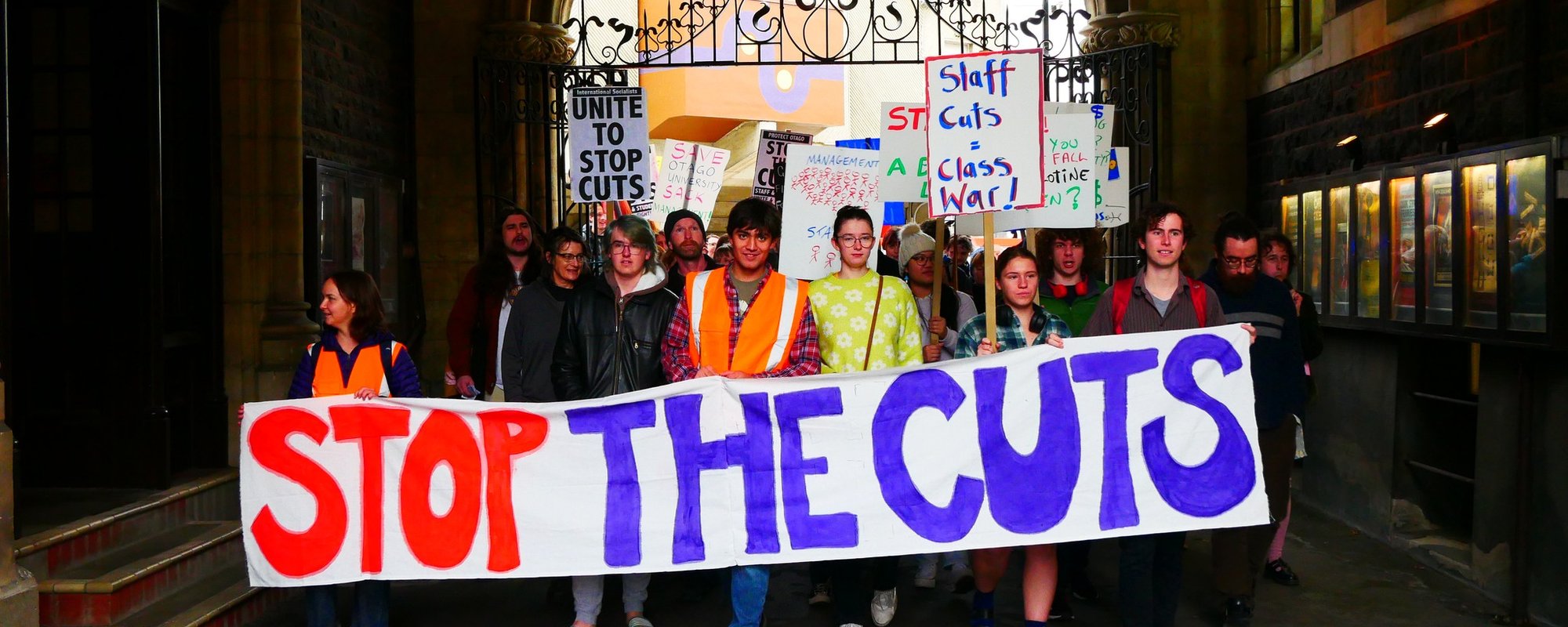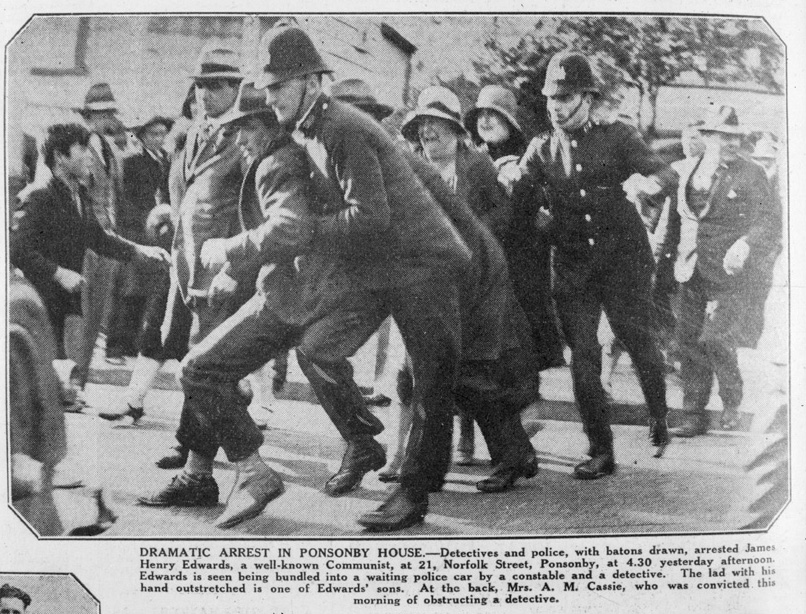— C mo te Capital is available in te reo Māori
Welcome to the ABC of Socialism, an introduction to socialist ideas for would-be world-changers. In our previous columns we introduced readers to two classes: the working class (or proletariat) and the capitalist class (or bourgeoisie). These are the main classes that make up capitalist society. But if this society is “capitalist,” what exactly is Capital?
One way to understand Capital is as the wealth of the capitalist class that is used to generate more wealth. When we think of wealth we typically think of money, but Capital is not just money. Capital is the land, the resources and the technology that capitalists own and put to use to create products. Capital is flexible: at any time a capitalist can sell one of their factories, convert it to money, and use it to buy a different productive resource. At every stage in this process, the capital remains capital.
But capital is not just “things.” The importance of Capital is the relationship it implies. The basic workings of the capitalist system is that the workers, who own practically nothing except their ability to work, have to sell their labour to the capitalists, who own practically everything else. In this sense, capital is wealth that is used to command the labour of others.
The capitalist may own the raw materials and the machinery, but it is the worker who puts it all together to create the products that the capitalist can sell. One of the main injustices of this system from the point of view of the worker is that it is our labour that creates all of the profit in this system, but we hardly see any of it. In fact, the very term “profit” means that the capitalist is getting more value from selling these products than they are spending on the production process, including our wages. When a product is created for the purpose of exchange, we call it a commodity. In fact, this column could also have been called “C for Commodity,” as under Capitalism everything that is created is a commodity, even our own labour. These things are not valued for their usefulness or beauty, but for how much profit they can generate in exchange.
Capital also implies constant expansion. As we have said, capital is wealth used to create more wealth. It is not hoarded wealth or luxury consumption (though both of these also exist under capitalism). Capitalists must keep reinvesting capital back into the productive process in order to keep turning over higher profits. They do not do this because they are greedy (though they may be!), they do it because they are in competition with other capitalists. To put it simply, if they do not continue to increase their profits and invest, they will fall behind and be consumed. Under capitalism there is a push for constant expansion, and for the extraction and consumption of more resources. By the First World War the whole planet had been divided between competing blocs of capital organised in nation states. Imperialist rivalries continue to this day as states build their military capabilities and markets are contested.







